
Media influence on justice system weighed

The resort of Interlaken was the scene of intense debate last week as legal experts grappled with the issue of media and political influence on the justice system.
The heated discussions took place at the annual congress of the Swiss Group of Criminology (SGC), held in the peaceful Bernese Oberland town.
Criminology may have a reputation for being a dry often impenetrable subject, but in Interlaken last week this could not have been further from the truth.
“There are lots of incompetent journalists,” Marcel Alexander Niggli, a law professor from Fribourg University, told the congress audience.
“If the press write about a specific case before proceedings or conviction, it is no longer possible to be neutral. I am in favour of the press giving out information – but after a prosecution.”
Opening the courtroom up to the general public, which began after the French Revolution, was introduced to guarantee a defendant a fair trial and not for the press to report on affairs that exert pressure on a verdict, said Niggli.
However, Katharina Niemeyer, a media and communication researcher at Geneva University, disagreed: “In a democratic space, the press are there to inform the public who have the right to know what’s going on. Journalists should be better informed than they are right now so that they can explain the proceedings taking place.”
Niemeyer felt it was necessary to take time to reflect on how the justice system should interact with traditional media outlets as well as community and civil society groups to prevent pressure on judges and prosecutors.
Media pressure
Marianne Heer, a cantonal judge from Lucerne, claimed to have firsthand experience of sentences handed down amid intense media coverage.
She retold the case of a sports car driver who crashed killing two young girls on a footpath, which was picked up by the press who strongly criticised the driver.
The judges initially charged the defendant with gross negligence, but fearing the press would not understand the verdict, the punishment was stiffened to “deliberate act”.
In Switzerland no studies are available that examine the interplay between the justice system and the media.
But research in Germany by Professor Hans Mathias Kepplinger from Mainz University, published in 2009, points to obvious media influence on judicial proceedings and sentences. Almost half of the 700 judges and prosecutors interviewed for the study said they considered different media reports before handing down a sentence.
Political sway
But the media and civil society are not the only groups that exert pressure on the legal system, said Niggli.
“Politicians also clearly influence the justice system; this is exemplified by the recent federal votes,” said the Fribourg professor.
“It’s in politicians’ interests to seek tougher sentences and laws, which cost them nothing and allow them to profile themselves as white knights while capturing media attention – a politician’s main objective.”
Recent controversial national initiatives banning new minaret construction and automatically deporting foreign criminals have generated considerable public attention and led to a tightening of the legal system.
“Whereas previously everything worked well,” commented Manon Jendly, a law professor from Lausanne University.
Judges’ colours
In Switzerland parliament elects the 38 federal judges based on proposals put forward by the main political parties.
Niggli criticised the fact that a federal judge can openly express their political affiliation and pay party membership contributions.
“Once they are elected, federal judges must no longer flaunt their political colours. It’s scandalous,” he declared.
“I’ve heard that they are occasionally contacted by parties over their behaviour. The party doesn’t say ‘if you continue like that you will no longer be elected’, but that’s what’s inferred.”
But federal judge Hans Wiprächtiger rejected any charges of partisanship.
Even if they pay a party membership contribution, once in office “a judge acts independently and answers to no one”, he countered.
The annual congress meeting of the Swiss Group of Criminology (SGC) took place in Interlaken from March 2-4.
The focus of this year’s session was the Swiss penal system and public discourse.
The group has been organising similar seminars and conferences since 1974, which bring together experts and practitioners to discuss current criminology topics of interest.
In Switzerland the 38 federal judges are elected by parliament based on proposals put forward by the main political parties.
Parliament selects judges according to their skills and experience, but also to linguistic, political and regional criteria.
Judges generally represent the main Swiss political parties and are never linked to marginal parties. The aim is to have a cross-section whose political views are representative of Swiss society.
(adapted from French by Simon Bradley)

In compliance with the JTI standards
More: SWI swissinfo.ch certified by the Journalism Trust Initiative
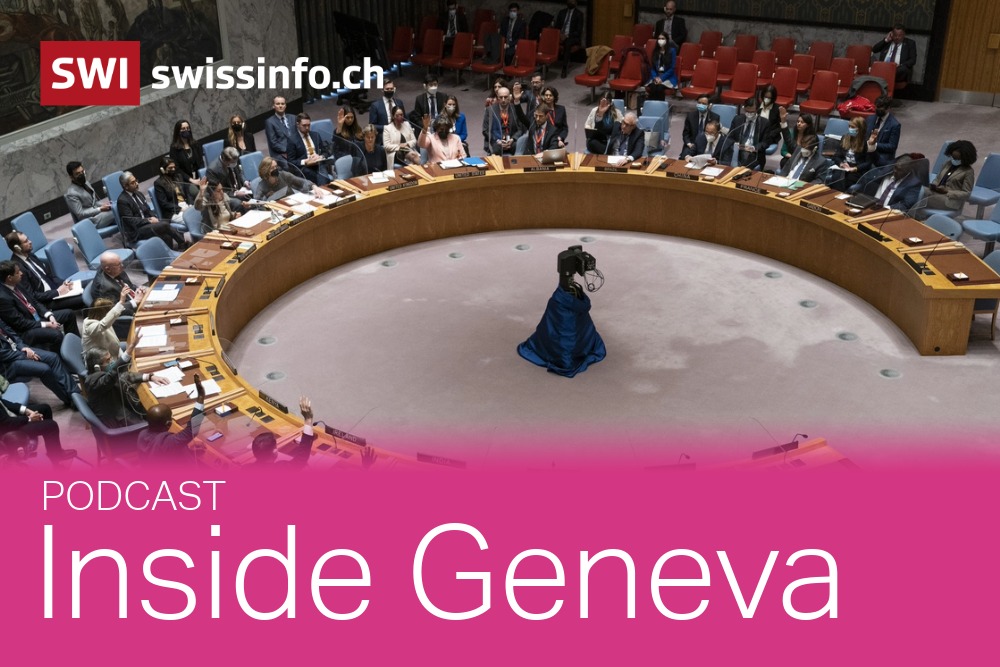

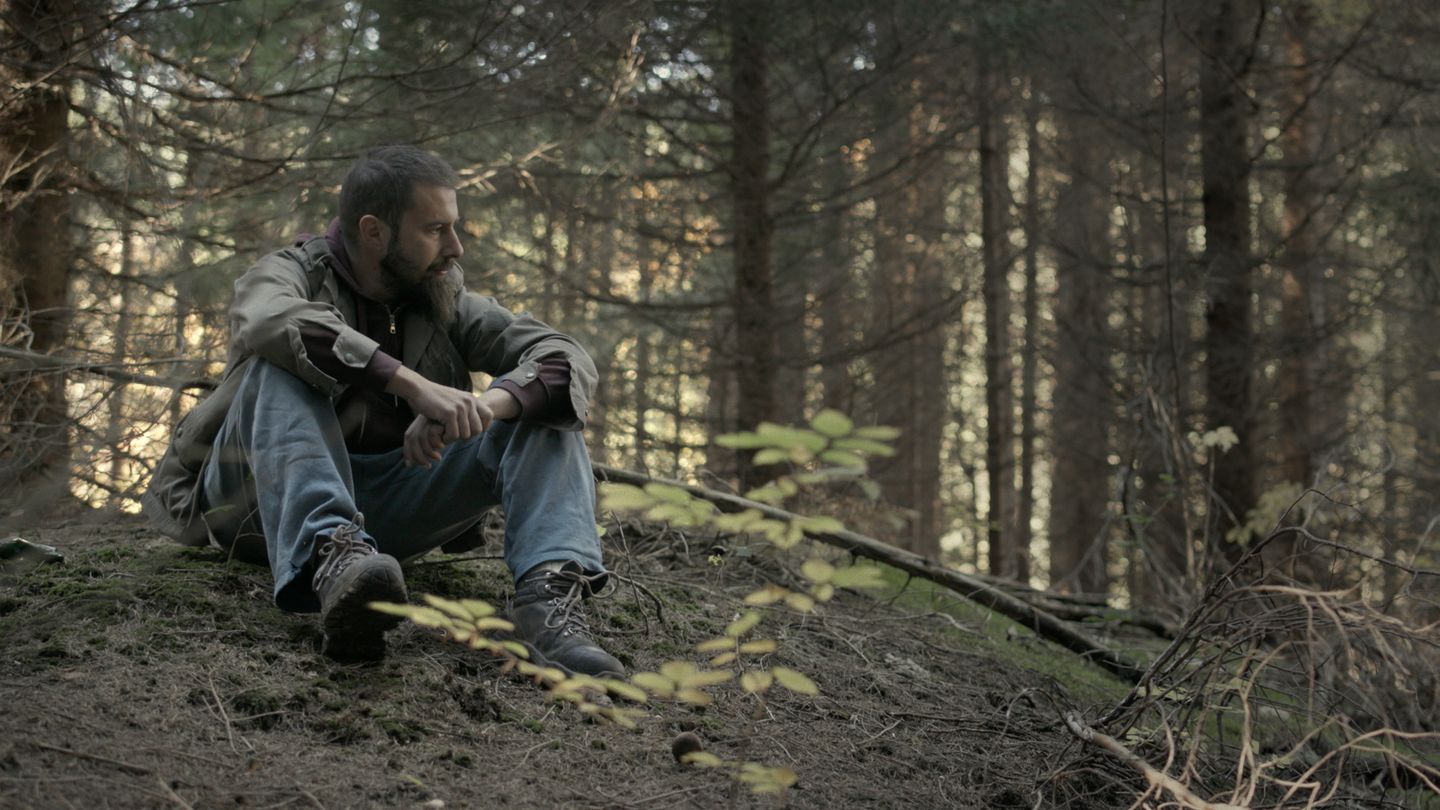









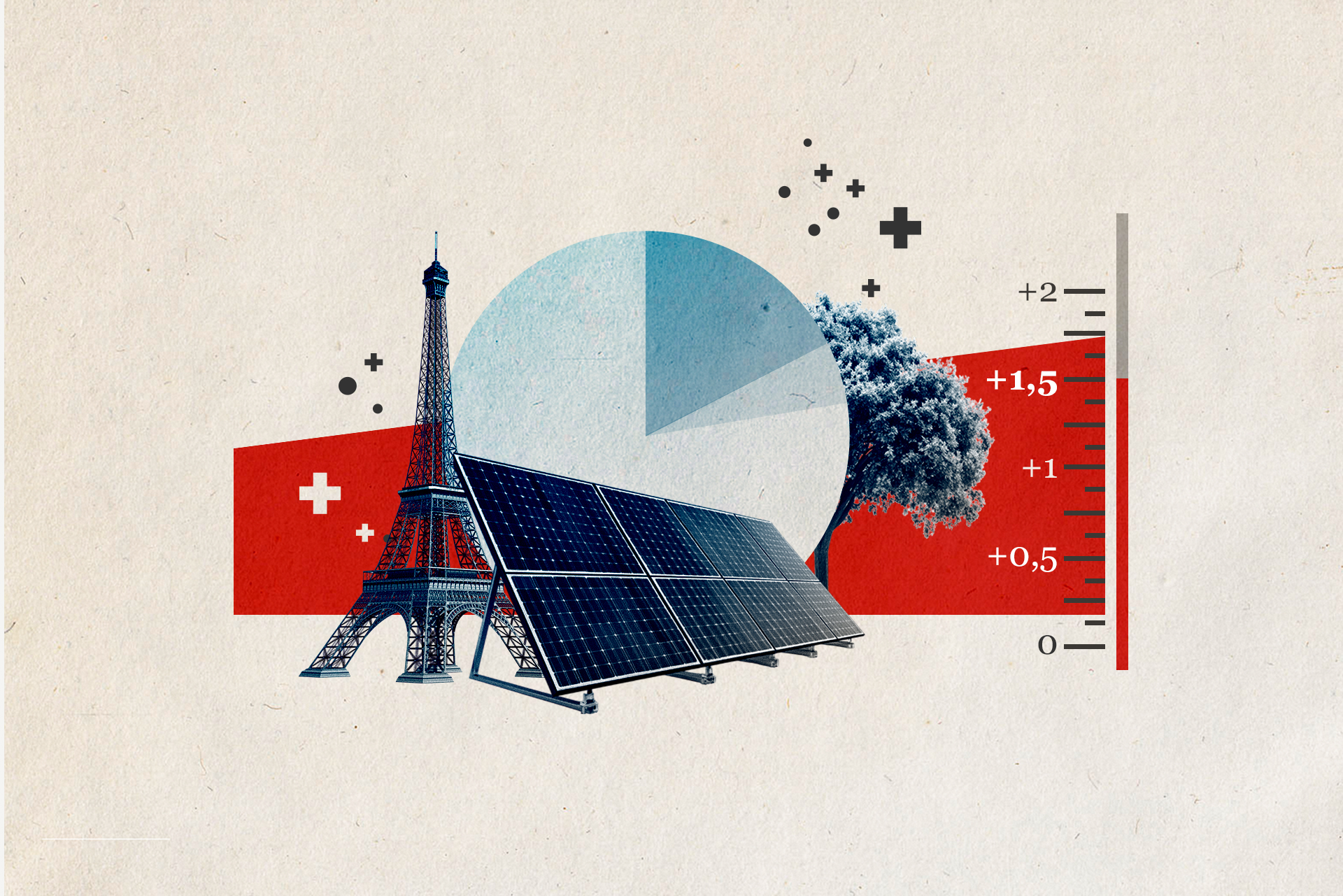


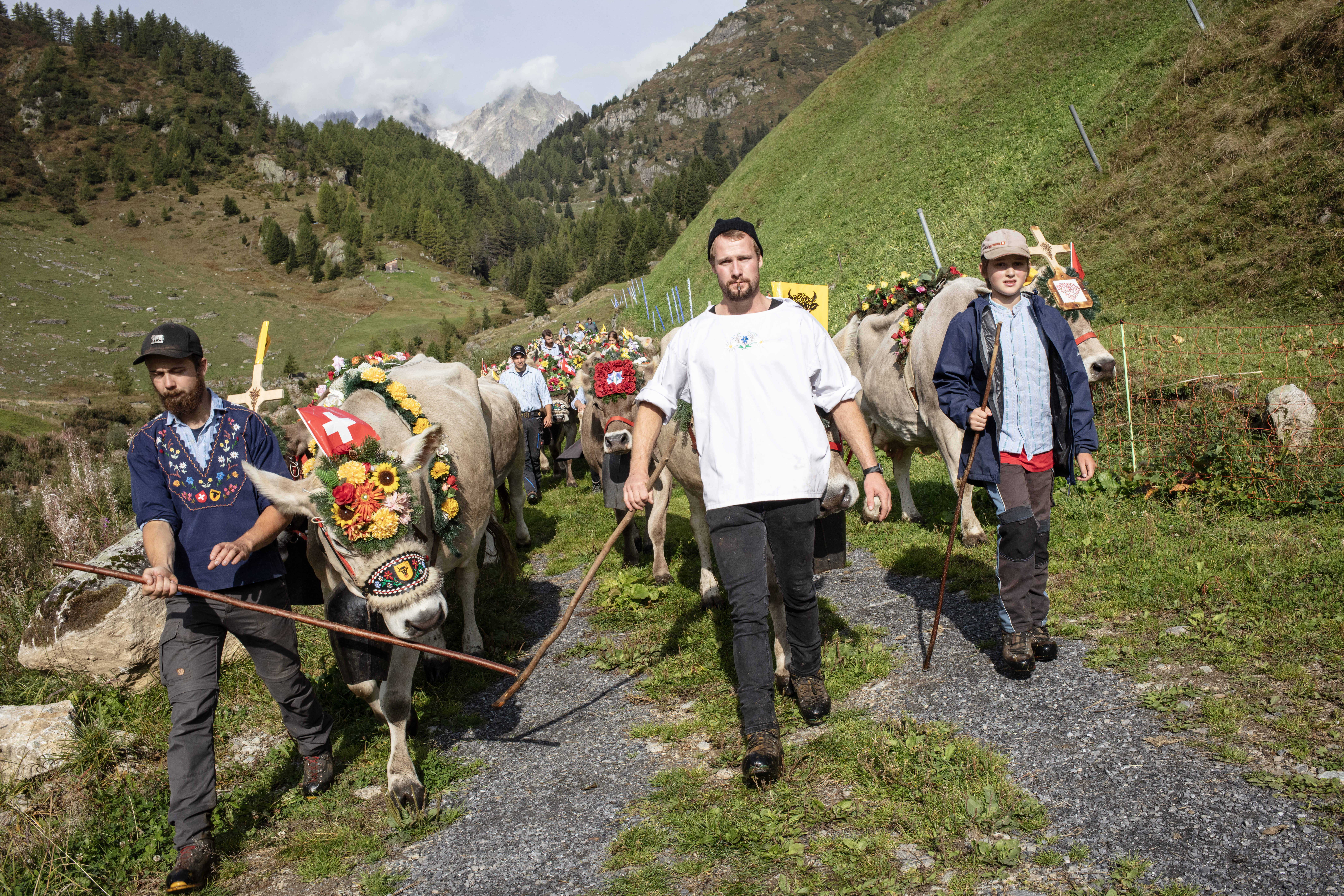
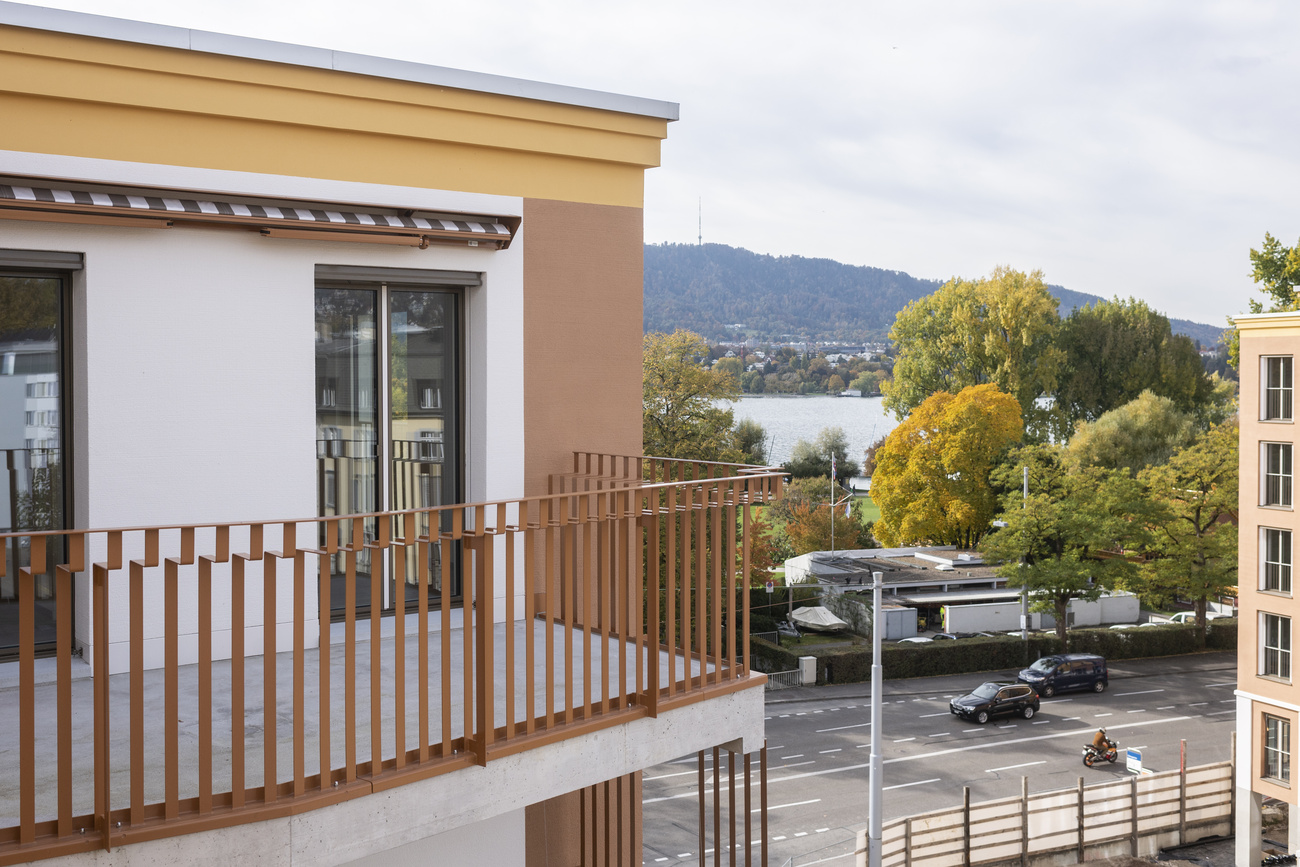










You can find an overview of ongoing debates with our journalists here . Please join us!
If you want to start a conversation about a topic raised in this article or want to report factual errors, email us at english@swissinfo.ch.